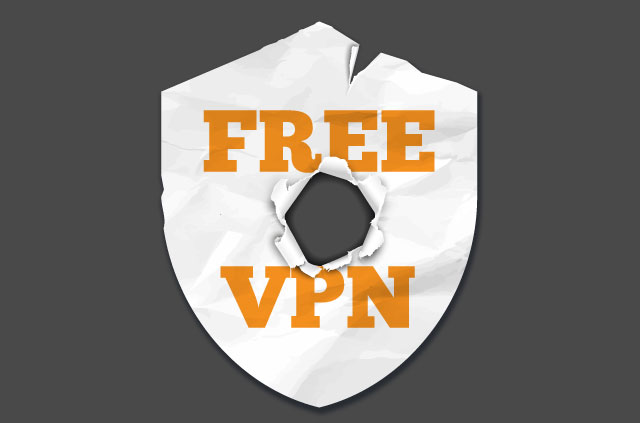Free VPNs are a dime a dozen, but just because they’re common doesn’t mean they’re any good. Free VPN provider Hotspot Shield is notorious for logging and selling user data, yet a great 500 million unknowing users still lean on their services for “privacy and security”.
Amid the shady practices and so-so services, VPNs unfairly copped a bad rep, which is why it’s important to make the distinction between fake free VPN services and reputable paid ones.
Let’s clear the air a bit, shall we?
Free VPNs inject ads into your browser
It’s a simple concept, but it makes sense. Free VPNs need to make money somehow, so instead of charging users a nominal fee most free services tend to follow murkier corporate practices.
One of the most common ways free VPNs make money is by injecting ads into a user’s browser.
Hola VPN was one of the first free VPNs to hit the mainstream. Arguably the most popular VPN of its time, Hola reportedly still has more than 80 million users.
Unfortunately, Hola has been injecting ads into people’s browsers. Not only generic ads but targeted ads based on a user’s specific browser history.
Perhaps worse, Hola was also found to turn user networks into botnets by selling their bandwidth. Unlike Traditional VPNs (i.e., subscription-based services), which set up dedicated VPN networks to reroute your traffic, Hola doesn’t pay the bandwidth costs for users who use the free extension. Therefore, users of the free app are unwittingly opening their bandwidth on a first come, first serve basis.
Free VPN providers might sell your data
Just last year, free VPN proxy Hotspot Shield came under fire for selling user data.
The Center for Democracy & Technology, an advocacy group focused on promoting a free and open internet, has urged the FCC to investigate Hotspot Shield for violating its promise of “anonymous browsing.” The filing alleges that Hotspot Shield not only intercepts users’ network traffic but also redirects it to various sites.
“Hotspot Shield engages in logging practices around user connection data, beyond troubleshooting technical issues by using a user’s location and IP addresses to improve the service, or optimize advertisements displayed through the service.”
Hotspot Shield positions itself as a leading crusader in the fight for privacy after the FCC had ruled in favor to roll back privacy policies that would prevent ISPs from selling data logs.
However, it’s worth noting that there are two types of data logs: connection logs and usage logs. Usage logs are anonymous and are used for information purposes, while connection logs include browser history. Essentially, Hotspot Shield is accused of keeping connection logs even though their service promises privacy.
Not sure if your VPN is legit?
The quickest way to check if your VPN is actually working is to run a leak test. Use one of the handful of free tools like IPleak and DNS Leak Test. Simply connect to a VPN server location, open the checker and test to see where your IP is.
If your IP is anywhere other than where your VPN is connected, you may have an IP leak.
Help spread the word
Bad VPNs can wreak havoc, yet only a fraction of regular users are aware of the dangers. Take what you’ve learned here and spread the word among online friends to warn the internet against shoddy VPNs – more people need to be educated on why a VPN is important and how to pick one.
Stay private, friends.


Recent Comments